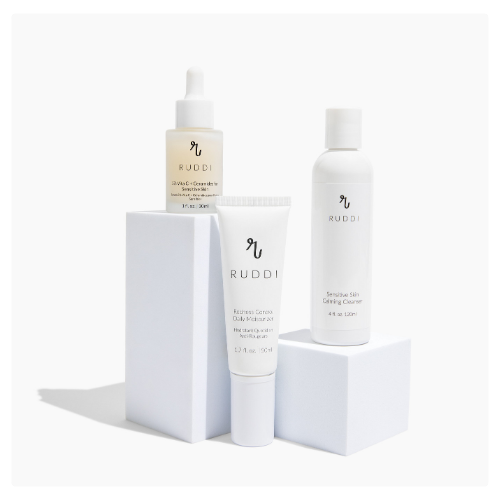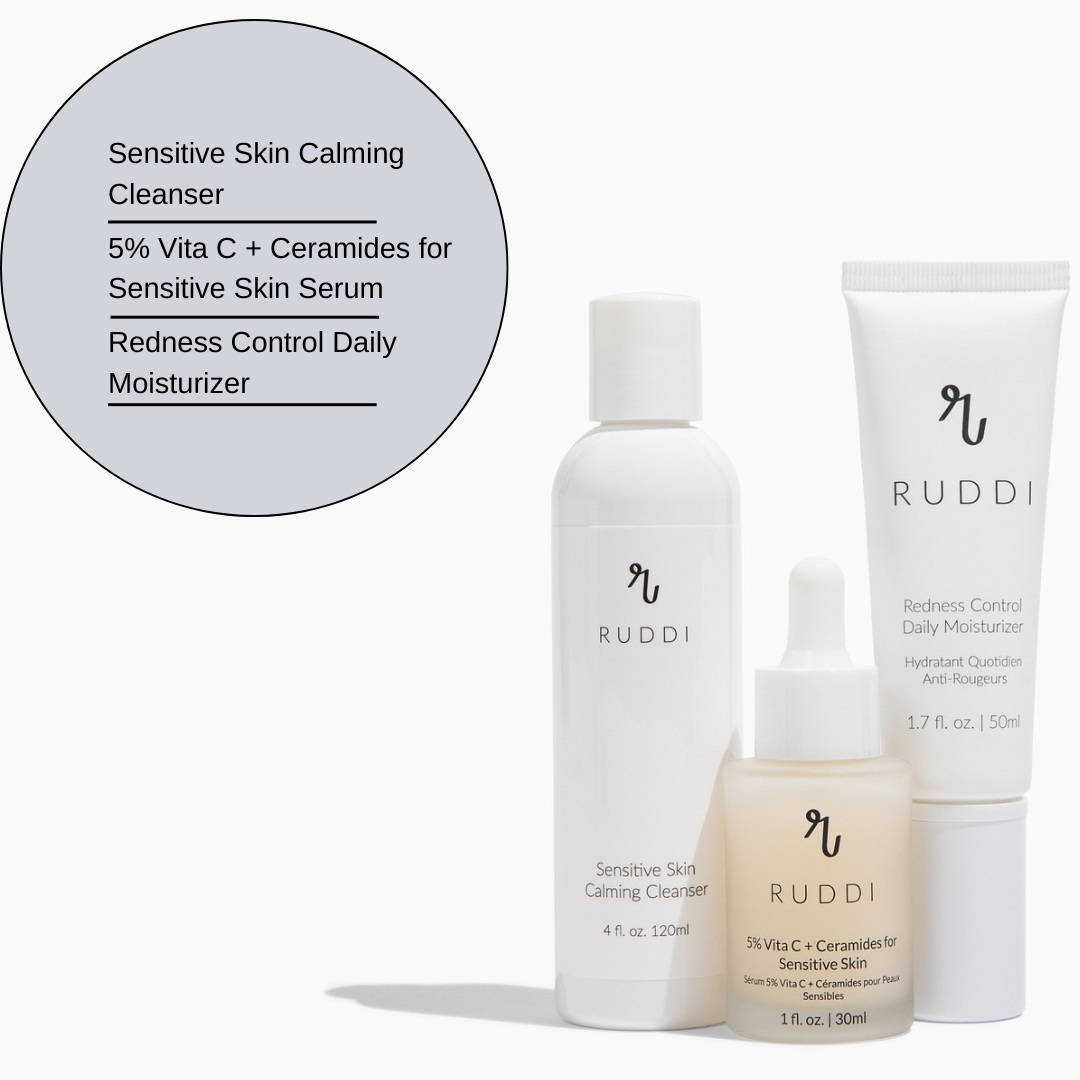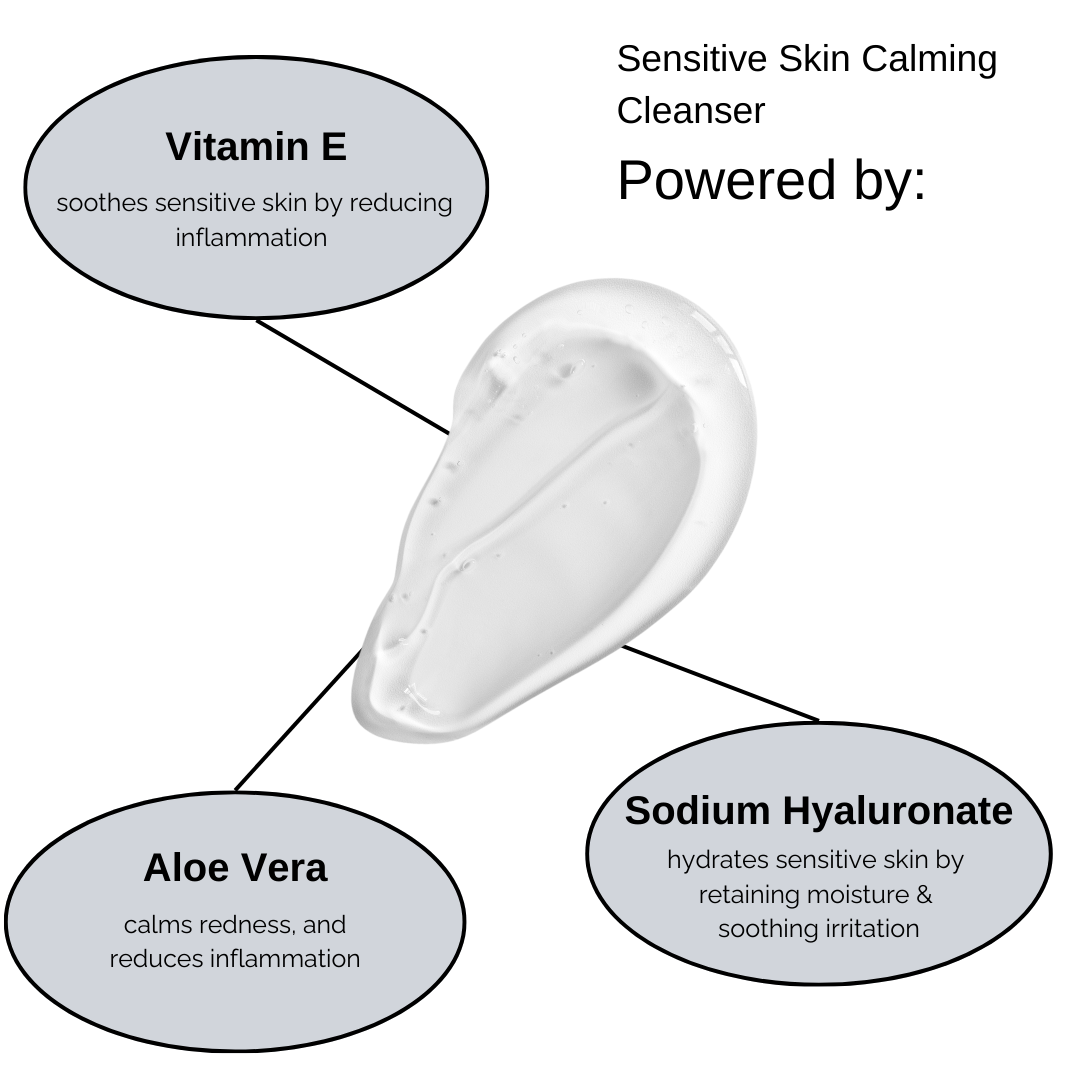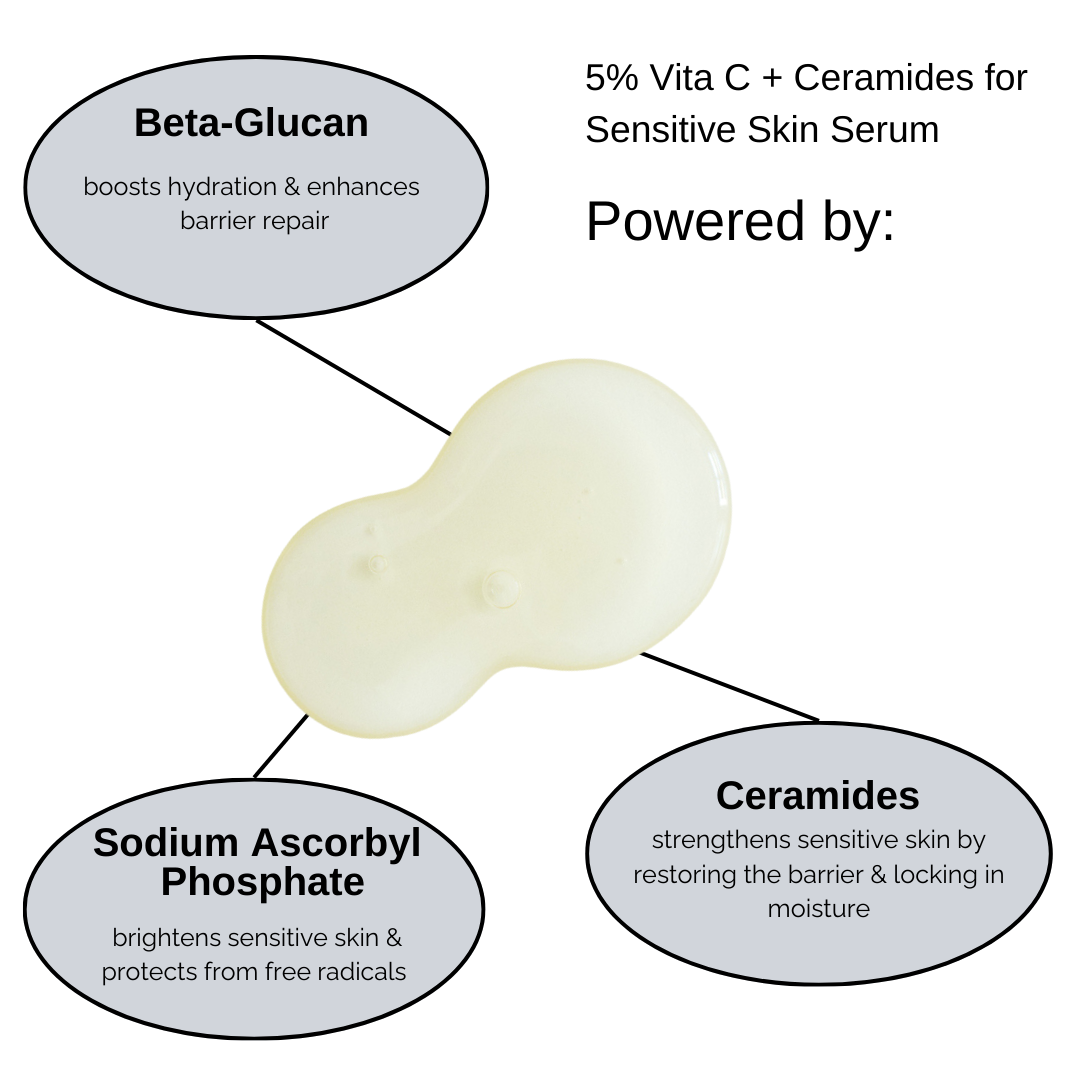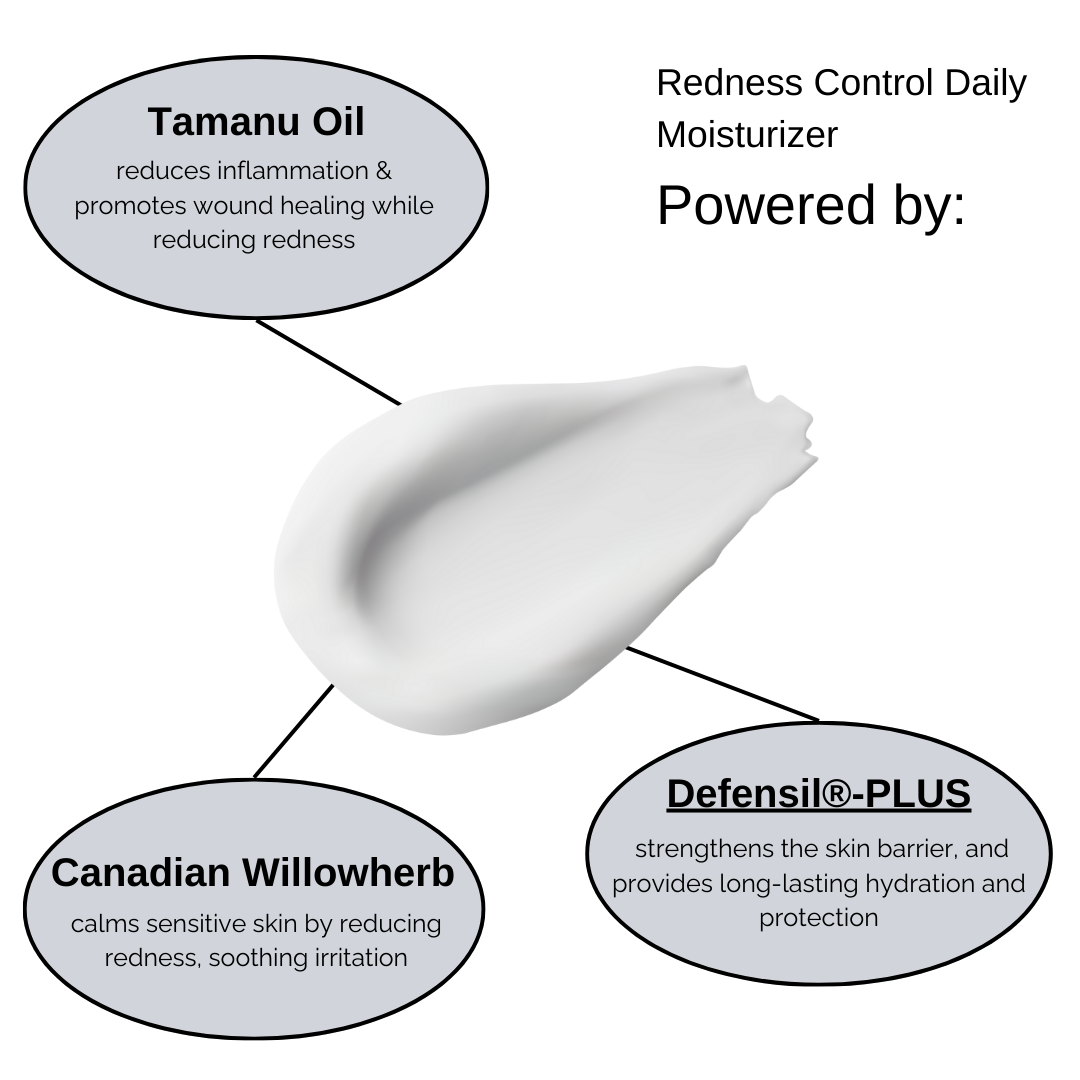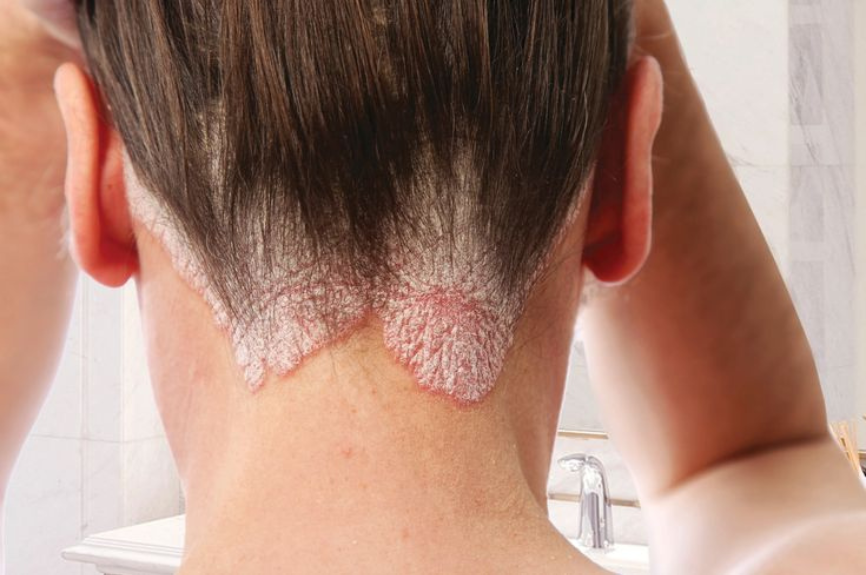
Unlocking the Power of Vitamin C for Rosacea: A Comprehensive Guide
If you have rosacea, you know how tricky skincare can be. One wrong product and your skin can flare up with redness, burning, or sensitivity. That’s why many with rosacea tend to avoid potent active ingredients like Vitamin C. But here’s the good news: with the right type and formulation, Vitamin C can be a powerful ally for rosacea-prone skin.
Let’s break it down.
What Is Vitamin C and Why Does Your Skin Love It?
Vitamin C, also known as ascorbic acid, is a powerful antioxidant that:
- Neutralizes free radicals caused by UV rays and pollution
- Helps even skin tone and reduce pigmentation
- Supports collagen production
- Strengthens the skin barrier
For rosacea, the most important benefits are its anti-inflammatory and barrier-supporting properties, which help calm redness and reinforce your skin’s natural defenses.
Can You Use Vitamin C with Rosacea?
Yes—but not all forms are created equal. Some traditional forms of Vitamin C, like pure ascorbic acid, can be too acidic and irritating for sensitive, rosacea-prone skin. However, there are gentler, stabilized forms that deliver the benefits without the sting.
Best Forms of Vitamin C for Rosacea
-
Sodium Ascorbyl Phosphate (SAP)
- Water-soluble and very gentle
- Has antimicrobial properties, which may help with papulopustular rosacea
- Stable and non-irritating
-
Magnesium Ascorbyl Phosphate (MAP)
- Hydrating and calming
- Helps with pigmentation and inflammation
-
Ascorbyl Glucoside or Ascorbyl Tetraisopalmitate
- Less irritating, lipid-soluble forms suitable for sensitive skin
These are the types of Vitamin C you’ll find in rosacea-safe products like RUDDI’s VITA C Serum, which is formulated to be effective without triggering flare-ups.
Why Vitamin C Helps Rosacea-Prone Skin
-
Calms Redness
Vitamin C reduces oxidative stress and inflammation—two major players in rosacea flare-ups. -
Strengthens the Skin Barrier
It boosts collagen production, which helps repair and reinforce a compromised barrier—a common issue in rosacea sufferers. -
Fights Environmental Triggers
As an antioxidant, Vitamin C protects against sun damage and pollution, which are known rosacea triggers. -
Improves Skin Tone and Texture
Over time, Vitamin C can help reduce blotchiness and smooth out uneven tone caused by persistent inflammation.
How to Use Vitamin C Safely with Rosacea
- Start Slowly: Begin with application 2–3 times a week and gradually increase as tolerated.
- Use in the Morning: Apply after cleansing and before moisturizing and sunscreen for maximum antioxidant protection.
- Pair with Barrier-Boosting Ingredients: Look for serums that include niacinamide, hyaluronic acid, or panthenol for extra support.
- Avoid Harsh Exfoliants or Actives at the Same Time: Don’t mix with strong AHAs, BHAs, or retinol unless advised by a dermatologist.
Signs It’s Working (and When to Stop)
✅ Working:
- Redness begins to fade
- Skin feels smoother and more hydrated
- Fewer flare-ups from environmental triggers
🚫 Too strong:
- Increased burning, stinging, or flushing
- New breakouts or skin peeling
If irritation occurs, take a break and try applying every other day or consult your dermatologist.
Vitamin C doesn’t have to be off-limits if you have rosacea. The key is choosing a gentle, well-formulated serum that delivers the benefits without the burn. With consistent use, Vitamin C can help brighten your complexion, reduce redness, and strengthen your skin—all without upsetting your sensitive barrier.
Want to give it a try? Look for fragrance-free, rosacea-safe formulations like RUDDI's VITA C Serum—made with sensitive skin in mind.

